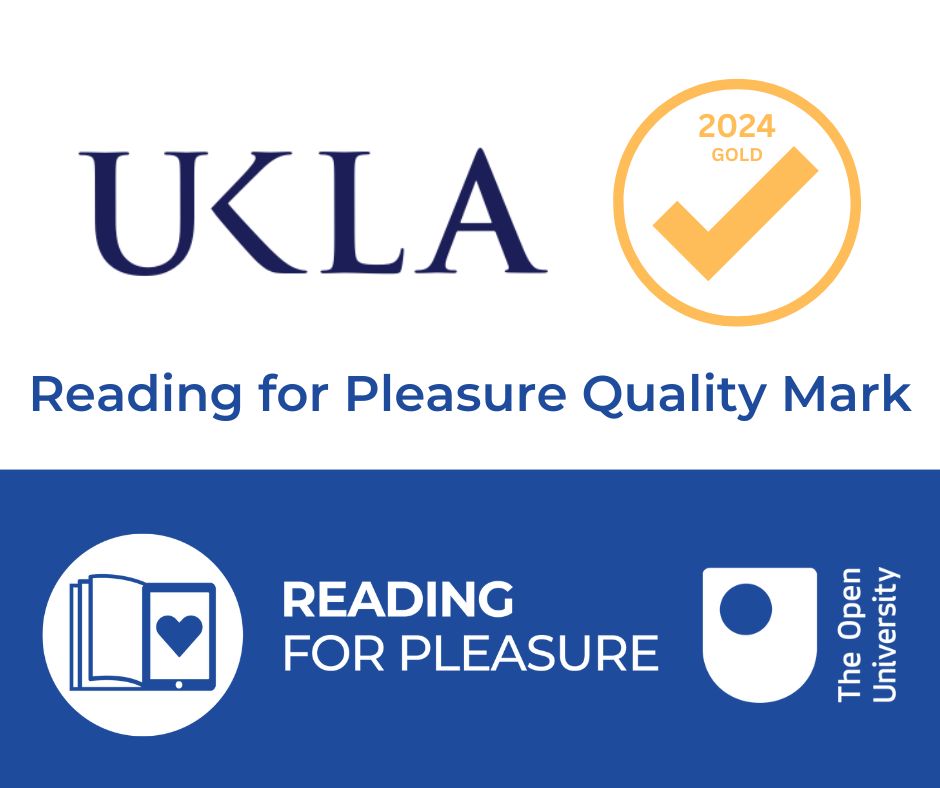Art, Craft and Design
Every human is an artist
- Don Miguel Ruiz
Laneshaw Bridge we want to inspire artists of the future by providing children with an understanding of the work of artists both past and present – locally, nationally, and internationally.
Children will develop practical knowledge of how to create art, craft, and design by learning the methods and techniques that artists, craft-makers, and designers use. They will build theoretical knowledge of the tools, materials, and history of art, craft, and design. They will acquire disciplinary knowledge of the concept of art itself, including how it is judged, valued, and evaluated.
Through a high-quality art and design curriculum, which sequences the knowledge children learn, they will build, develop, and improve skills as they move through the Early Years, Key Stage 1, and Key Stage 2. The curriculum is ambitious, inclusive, and coherent, ensuring that all pupils, including those with SEND, can achieve and make progress. It provides opportunities to develop creativity, resilience, self-expression, and cultural awareness.
The children will focus on:
- Practical knowledge – developing technical proficiency.
- Theoretical knowledge – the cultural and contextual content that pupils learn about artists and artwork.
- Disciplinary knowledge – understanding how art is studied, discussed, and judged.
Practical Knowledge
Children will develop practical knowledge through the art and design curriculum, which enables them to make informed choices about materials and media based on their understanding of limits and possibilities. This progression is carefully sequenced from the Early Years to Key Stage 2, allowing pupils to revisit and refine key techniques over time. Practical knowledge supports creative freedom and problem-solving, enabling pupils to apply skills independently and make purposeful artistic choices.
Theoretical Knowledge
Children will develop theoretical knowledge to make connections between art’s past, present, and future. They will learn about great artists, craft-makers, and designers, and understand the historical and cultural development of their art forms.
This includes:
- Meaning and interpretation of artworks
- Materials, processes, and creative journeys
- Links between historical and contemporary practices
Children will explore art, craft, and design from Western and non-Western traditions, including work by artists from diverse communities and contemporary and traditional forms of art.
Through this, pupils gain a broad and balanced understanding of global artistic traditions and the influences that have shaped them. They make meaningful connections between different periods and cultures, deepening their understanding of how art communicates ideas, values, and identity. Knowledge is revisited regularly to ensure learning is secure and can be applied creatively.
Disciplinary Knowledge
Children learn disciplinary knowledge to understand that art is fluid and dynamic. They participate in discussions about big ideas in art, exploring concepts of quality, value, and purpose, including:
- How aesthetic judgements are formed and claimed
- How art is studied
- How to participate in the discourses of artists, scholars, and critics
This knowledge enables pupils to think and act like artists, critics, and historians. They learn to form and justify opinions, engage in respectful debate, and appreciate that art involves interpretation and meaning-making. By developing disciplinary knowledge, pupils gain confidence and a personal artistic voice.
Progression and Sequencing
In each year group, children revisit these knowledge strands, progressively developing understanding and skills as they move through the school. Each unit focuses on a particular artist or technique, with pupils evaluating, critiquing, and exploring creative aspects before applying these ideas to their own work. Through this approach, pupils build on prior learning and increasingly refine their skills, understanding, and creativity over time.
Evidence and Assessment
Children record their learning in art scrapbooks, showcasing both the creative process and final outcomes. Evidence may include skill practice, artist studies, or completed artwork. Teachers assess learning continuously through observation, dialogue, and evaluation of outcomes. Each unit culminates in a final piece or independent double-page spread, demonstrating understanding of skills, knowledge, and vocabulary. Assessment focuses on pupils’ ability to remember and apply learning over time, ensuring that progress is meaningful and cumulative.
Subject Leadership and Impact
Subject leaders ensure high standards by conducting deep dives, including lesson visits, pupil interviews, and book looks. They evaluate the impact of teaching based on how well pupils can recall, apply, and build upon prior knowledge. Ongoing professional development supports teacher confidence, ensuring teaching is ambitious, inclusive, and aligned with best practice. Findings inform subject improvement priorities, securing continuous enhancement of the curriculum and pupil outcomes.





